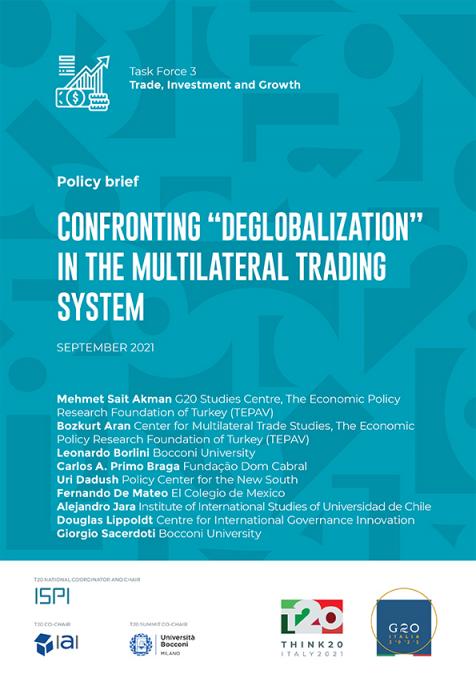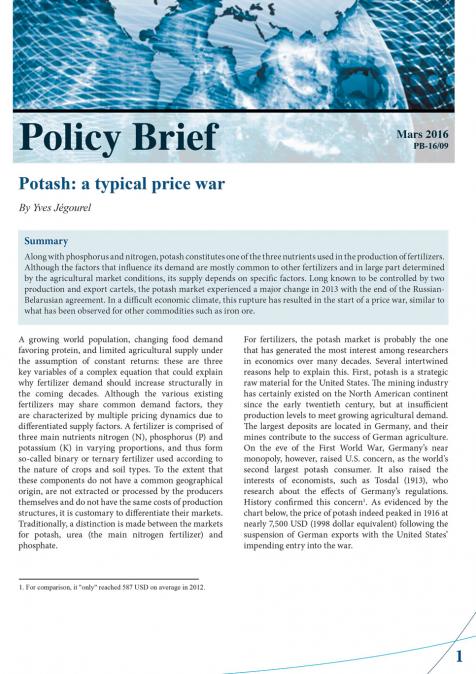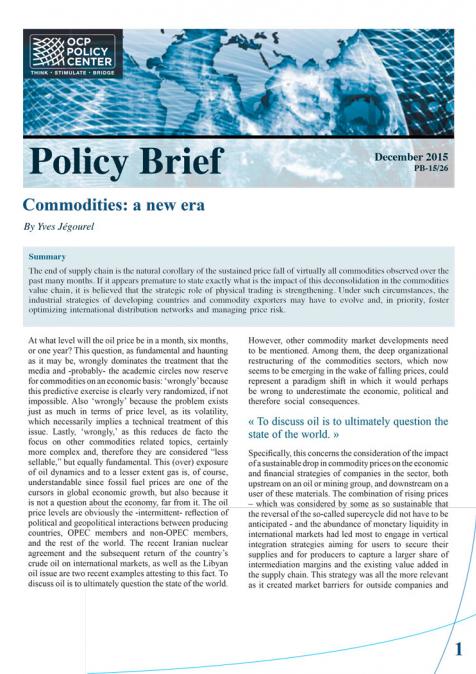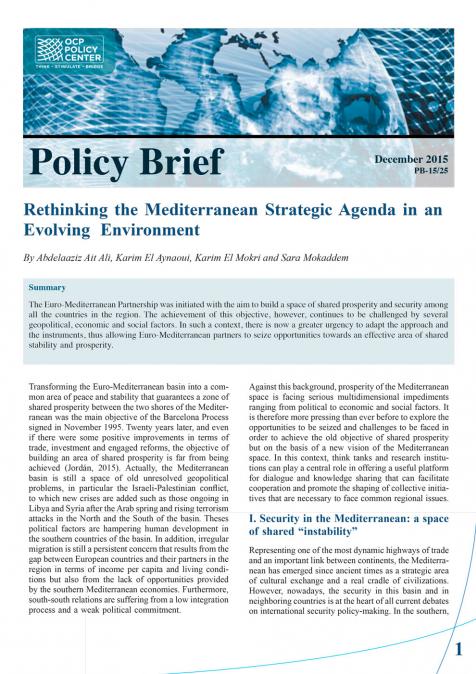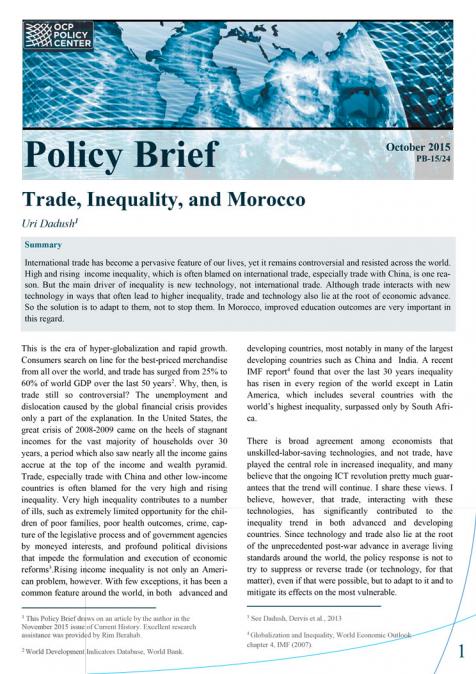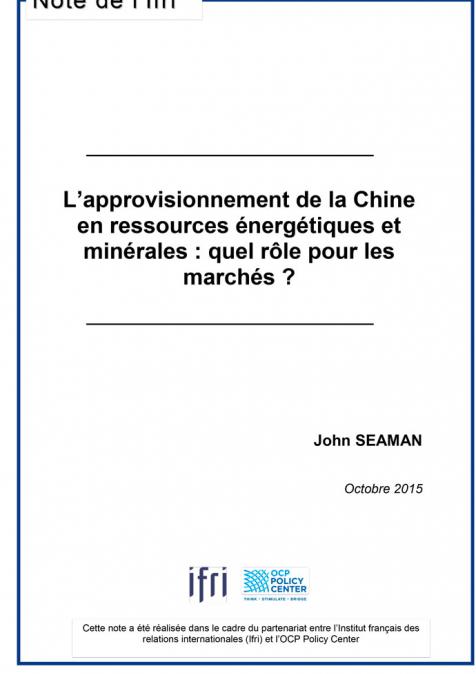Publications /
Policy Brief
The first two decades of this millennium were marked by major political, economic and geopolitical disruptions. This has led many analysts to predict that the world economy is entering a phase of “deglobalization” – that is, a retreat from the globalization process. This policy brief discusses how “deglobalization” affects the role and relevance of international trade institutions and agreements. The basic message is that investing in the improvement of the rules-based multilateral trading system and its main institutional anchor, the World Trade Organization (WTO), is of critical global importance to maintain non-discriminatory and fair trade relations, while recognizing the diversity of goals that different countries may legitimately pursue in the public interest.

